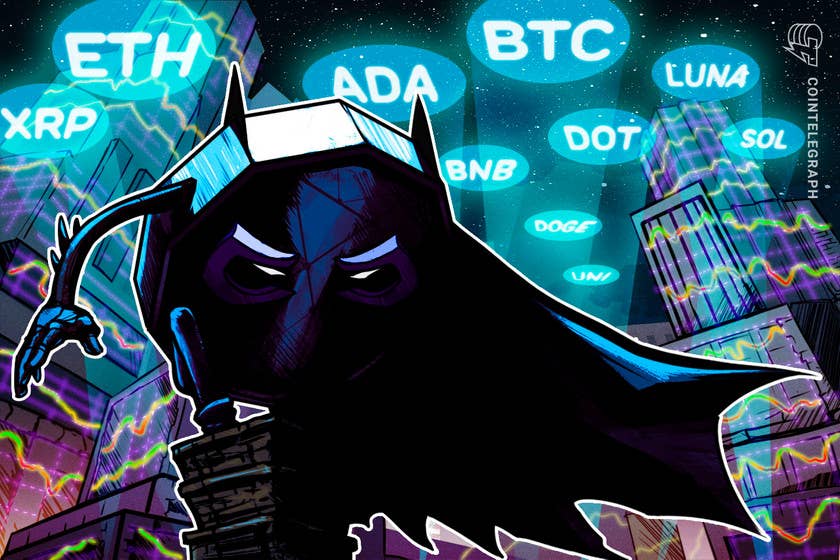MetaMask ‘glitch’ caused opBNB recommended fees to be too high: Report
According to BNB Chain, MetaMask was averaging recommended fees from multiple networks, causing opBNB recommended fees to be too high.
110 Total views
2 Total shares

A “glitch” in MetaMask that caused it to overestimate opBNB gas fees has now been fixed, according to a social media post from BNB Chain. Many users pay the default recommended fee displayed in their wallets, so a misestimation can cause users to overpay.
Together with our friends at @MetaMask, we’ve resolved a glitch that made it seem like opBNB’s gas fees were unusually high.
Now, you can enjoy the true benefits of opBNB: fast, cheap, and secure transactions. Here’s how it happened: [1/7]
— BNB Chain (@BNBCHAIN) September 25, 2023
opBNB is an optimistic rollup layer-2 of Ethereum. It was launched on Sept. 13 and was developed by the team that created BNB Chain. According to the team, they discovered recently that “Metamask had set a default minimum recommendation price for gas based on the average of all networks.” This was a reasonable policy for other L2 networks, the team said, but it “didn’t quite align with opBNB.” The team claimed that opBNB fees “can be much lower than other L1 and L2 networks,” making the estimation inaccurate.
Related: Hashing It Out podcast: What does the future hold for BNB Chain?
To solve this problem, BNB Chain contacted the MetaMask team, who were “extremely helpful and agreed to update their algorithm.” As a result, the wallet now accurately displays the network’s fees.
According to the BNB Chain team, users can now check each network’s fees by switching to opBNB from within MetaMask and attempting to perform a transaction, which they say will prove that the network often has lower fees than competitors.
opBNB was developed using the OP Stack, a modular framework that can be used to create interoperable blockchain networks. The OP Stack was developed by the OP Labs team, which is attempting to create a “Superchain” comprised of multiple interconnected blockchain networks. The Superchain faces competition from Polygon’s “Supernets,” which attempts to accomplish a similar aim.









